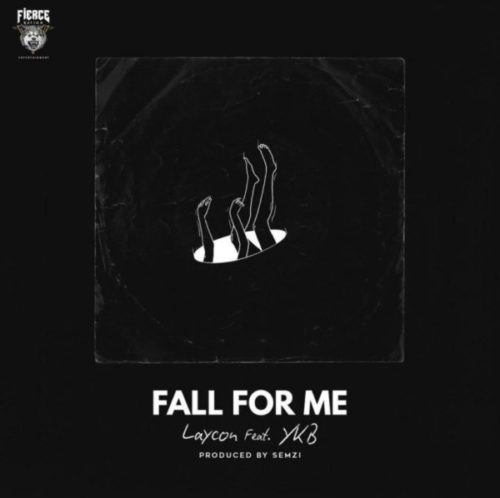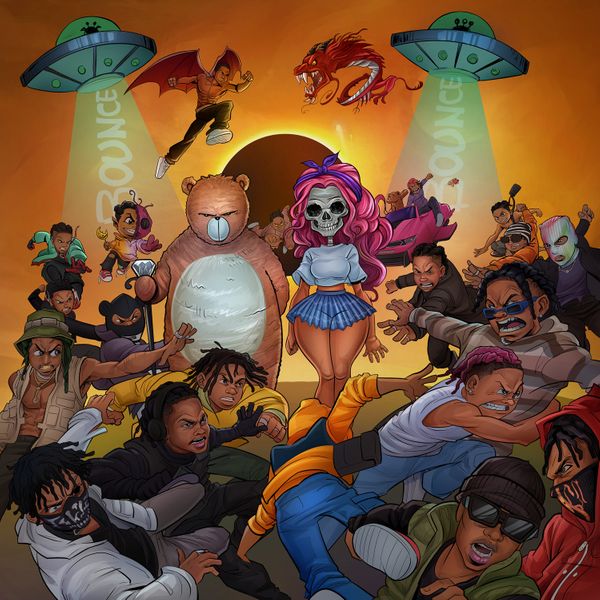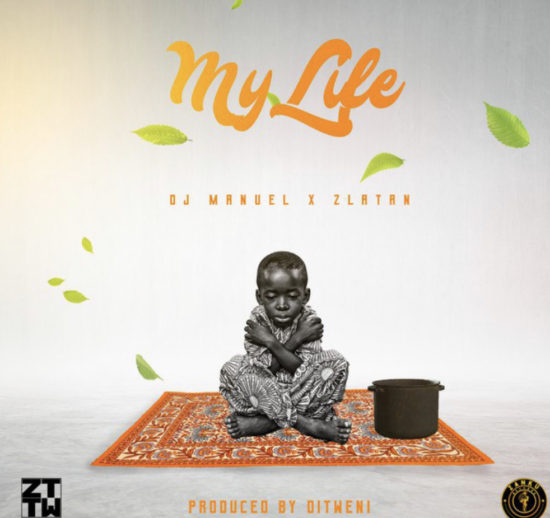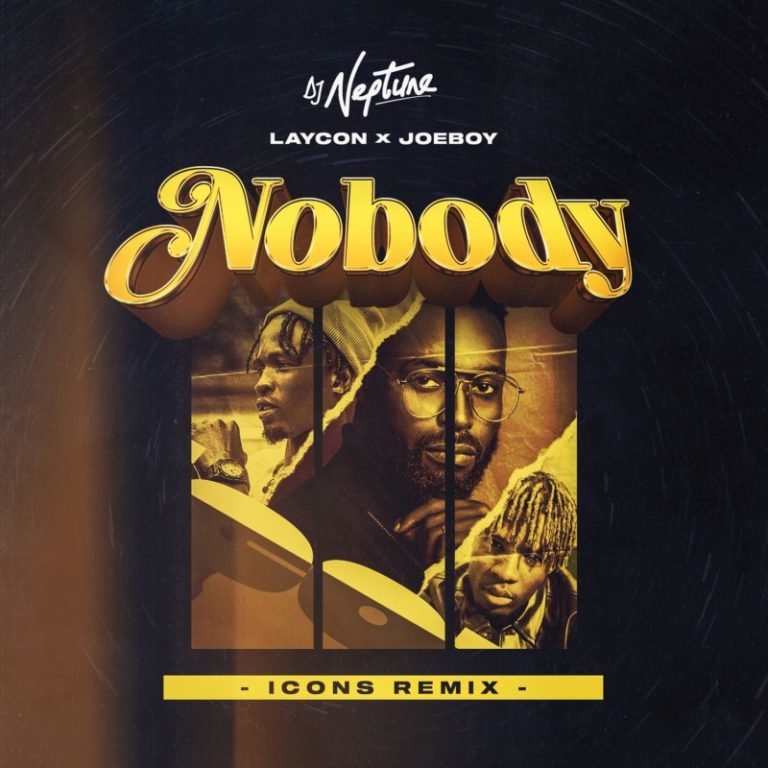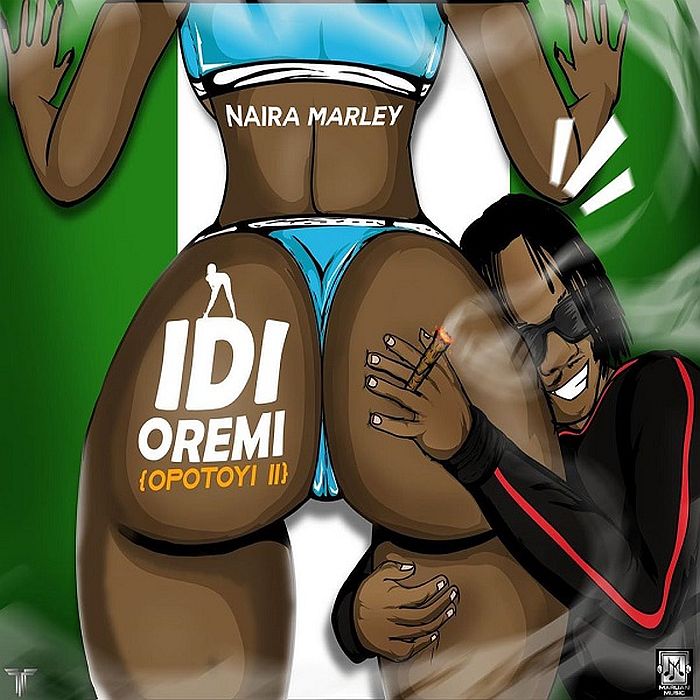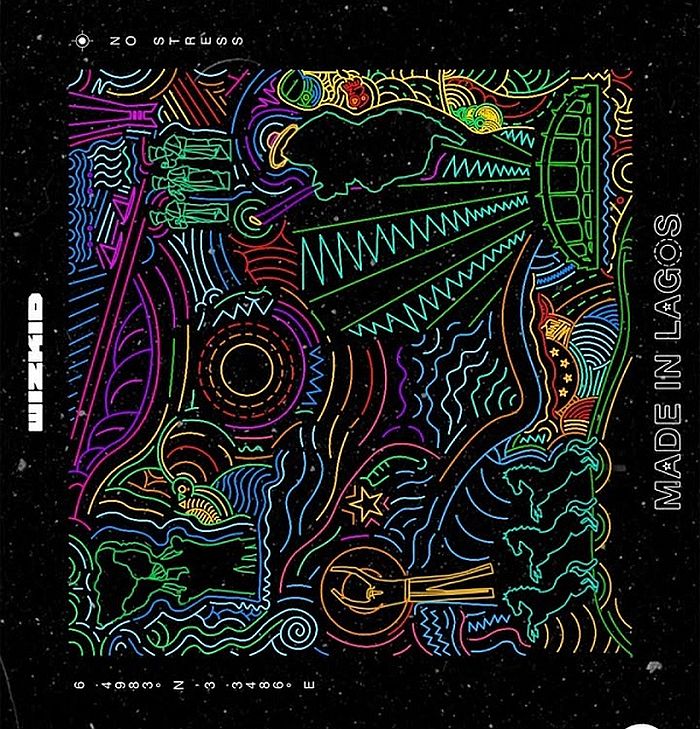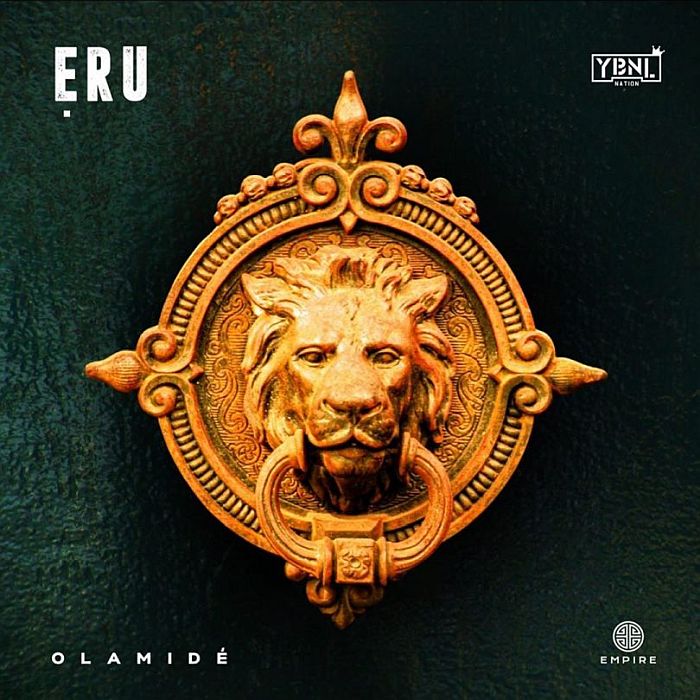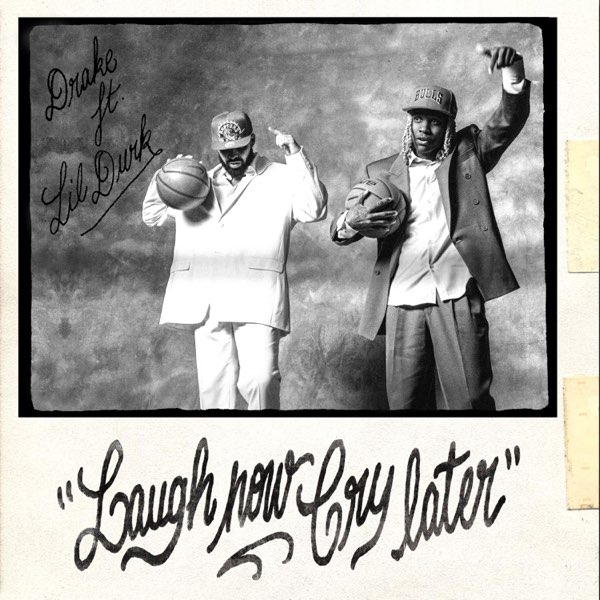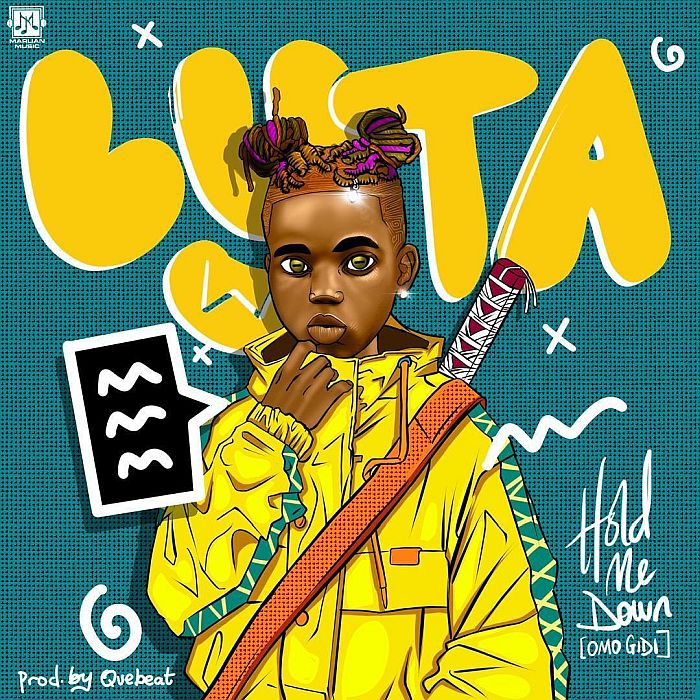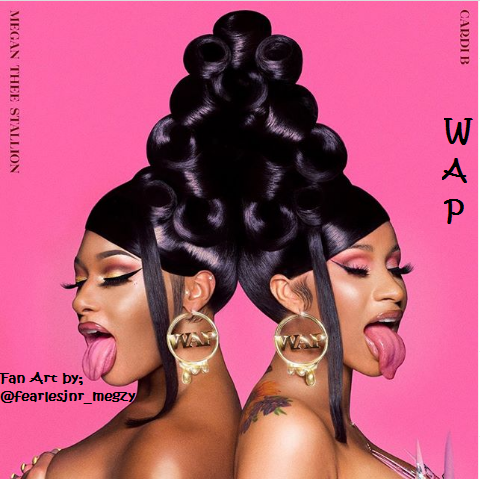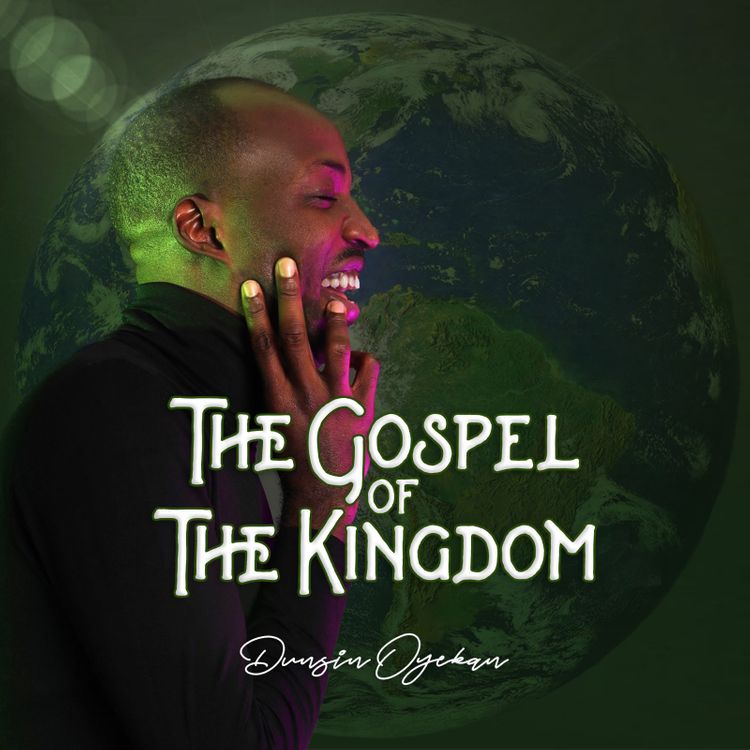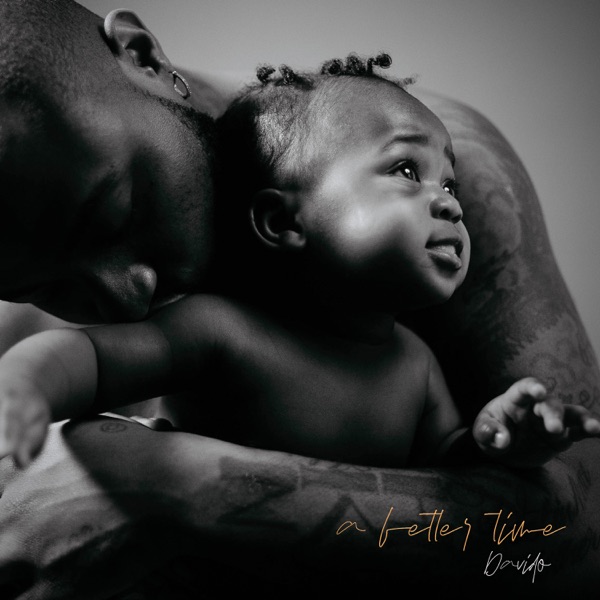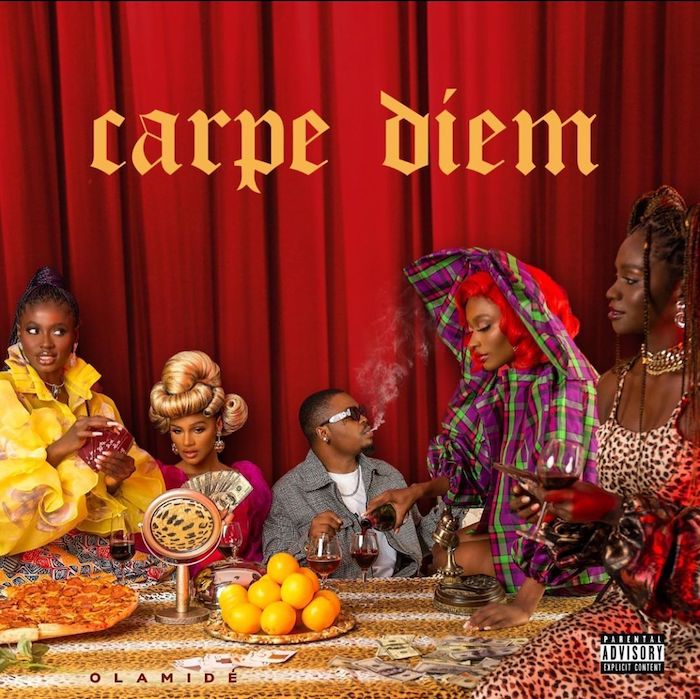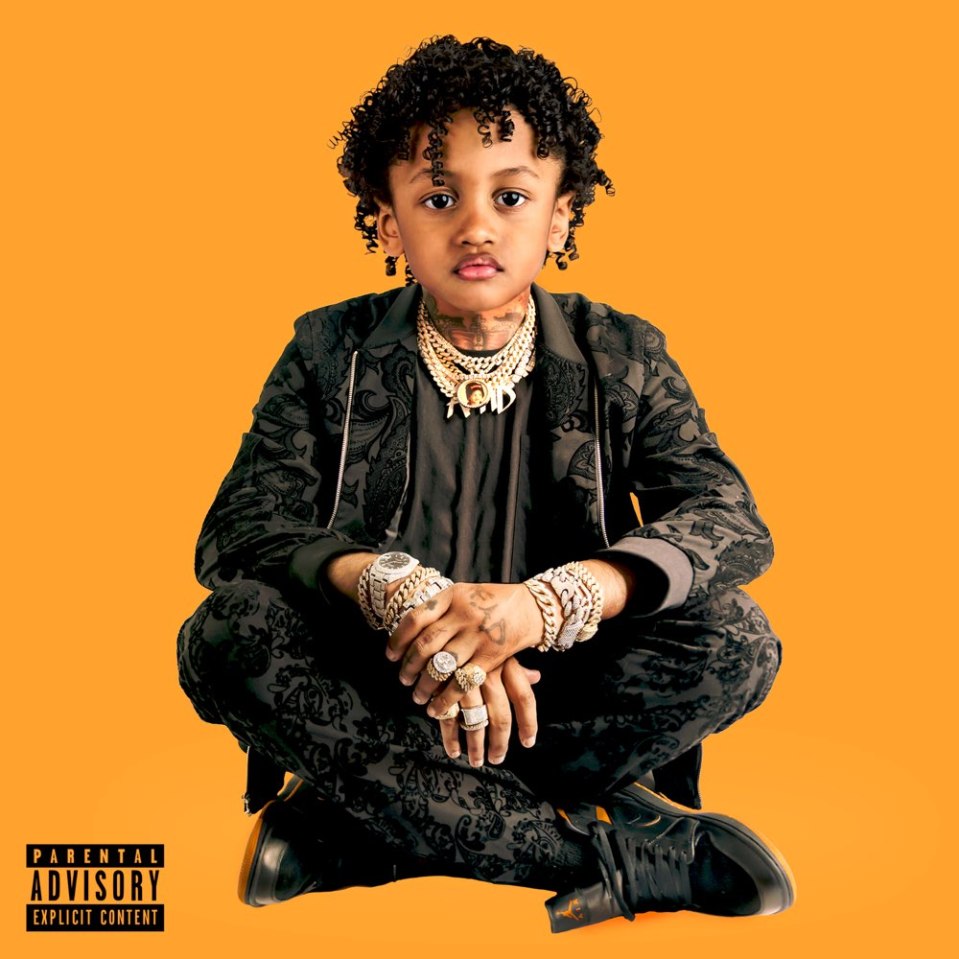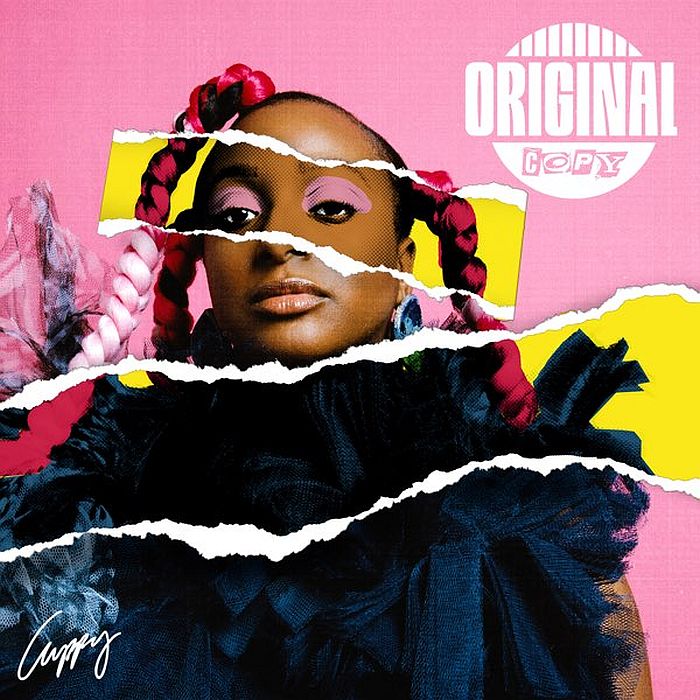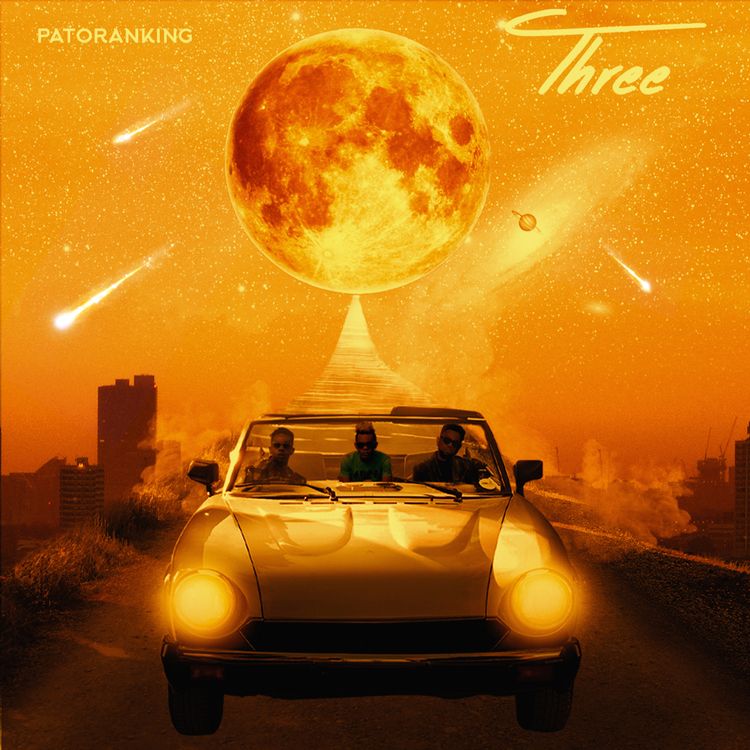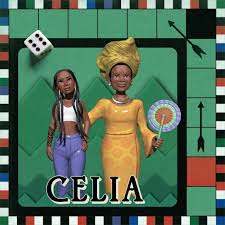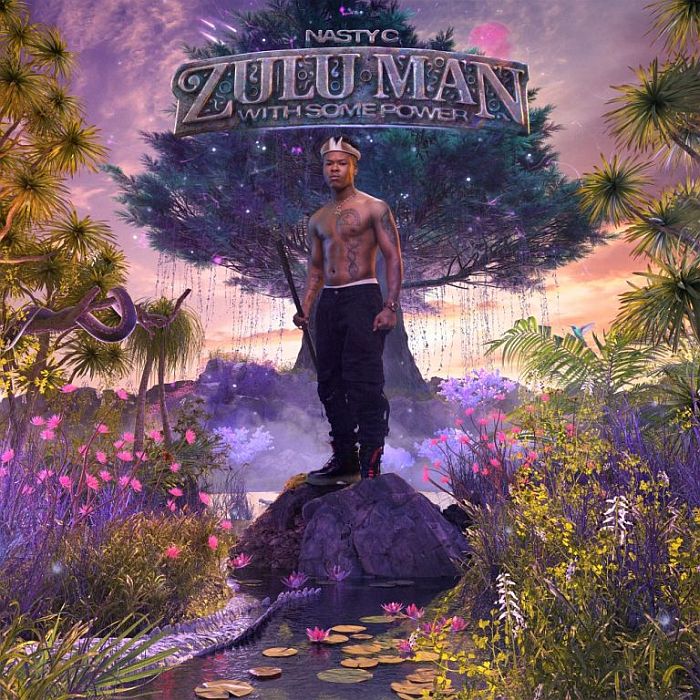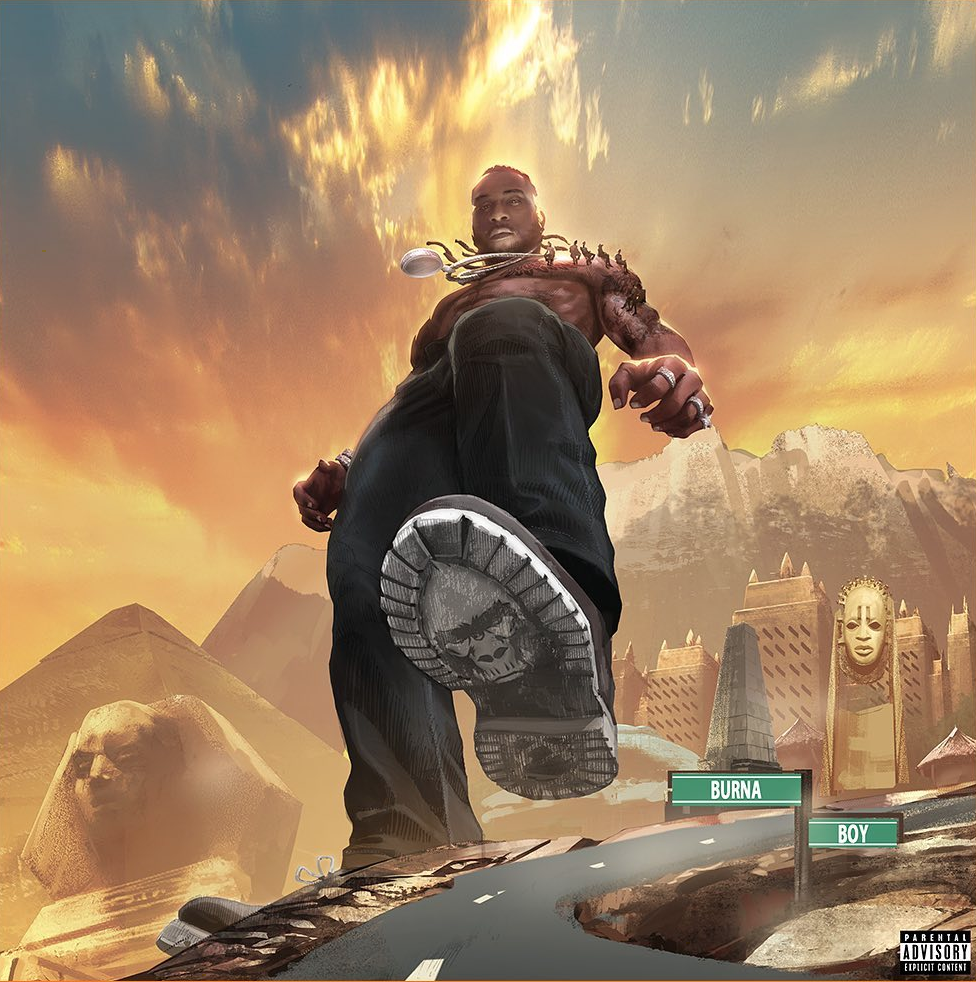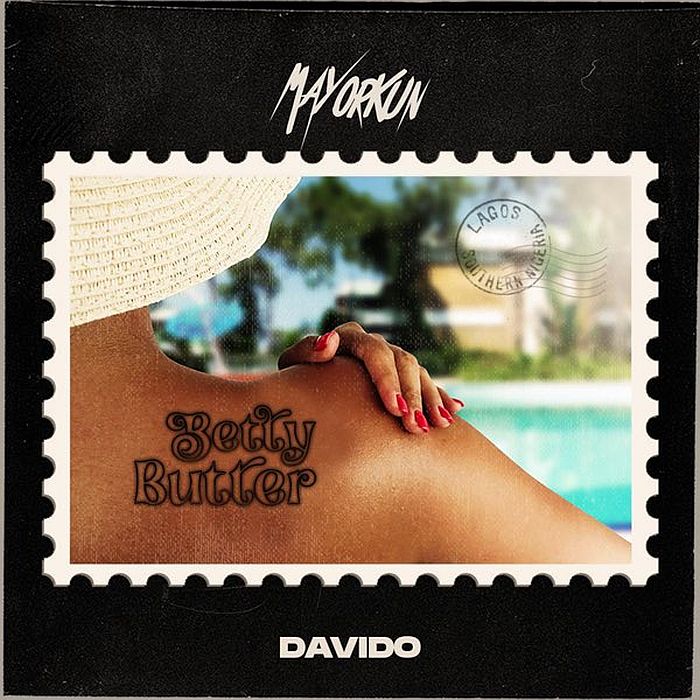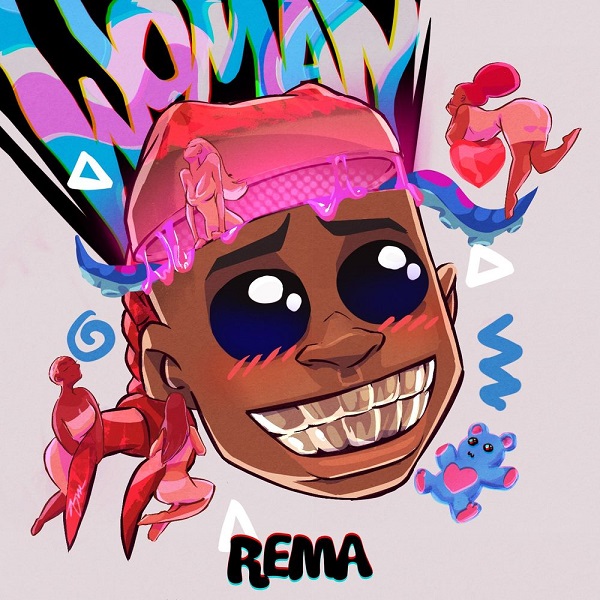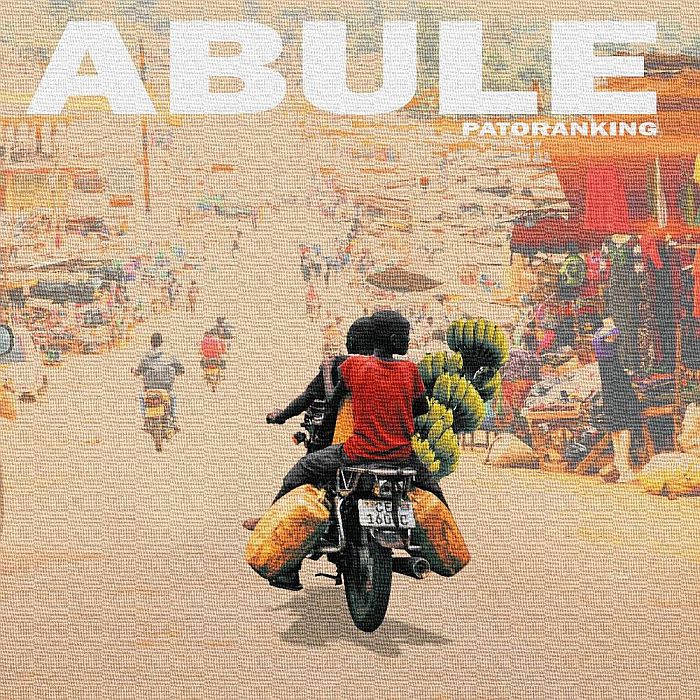Classic Throwback!! Did You Know Zule Zoo’s “Kerewa” Hit Is About Rape? (See This)
Posted by E.L.E.X on June 24 2021 under Celebrities


In 2006, Zule Zoo shook the whole country when their song, “Kerewa” became a smash hit. In many ways, that song was absolutely visionary.
And although the Zule Zoo duo has an obscure profile and is hardly recognized in the industry today, they ran the streets that year.
It’s safe to say “Kerewa” is one of Nigeria’s hottest classics and one of the widely known hits of the 2000s. Even the video is legendary, and is probably the first Nigerian music video on YouTube, as it was uploaded May 26, 2006, some fifteen years ago.
But What’s The Song Really About?
The song has very deep cultural tunes influenced by the Igala, Tiv, and some other cultures in the deep South. The costumes in the music video alone allude to that fact.
The music itself has folksy sounds and minimalistic production (which isn’t much of a surprise, given the time it was made). There’s a flute sound in the instrumentals that’s particularly distinctive.
Away from all that, the song became a rave probably because of the aerobic dance styles that came with it. I mean, at some point everyone has tried to do that dance, right? Can’t be only me.
The lyrical content, however, is what was talked about the most then. The song was even banned in 2006, and every parent warned their kids not to sing the “devilish” song.
Woven under Zule Zoo‘s contagious repetitive melody is a detailed and explicit story of a sexual escapade that many people don’t understand. We’ve always thought it to be about infidelity.
I hadn’t really given it much thought until now, but the song might actually be a story about rape.
Could It Really Be About Rape?
The story Zule Zoo was telling is narrative; they were narrating to a man called Daddy (“Daddy oh oh daddy”), whose wife – Mummy – had sexual relations with another man (called “Person”) when he went on a journey.
According to the story, it was Person who went into Mummy’s bedroom without any invitation whatsoever. Mummy resisted, at first, but was overpowered by the man who was obviously much more muscular. You can deduce that from the following lines:
Person push mummy
Mummy push person
Person push mummy
Small time mummy fall yakata for bed
The man just dey do kerewa
And even though what followed is the hysteric dance that symbolizes the sex that ensued between Mummy and Person, in the verse two there’s still a mention of it being a forced relation. See the following lines:
Tell the man say
Make he leave our mummy for us but he no gree
We con tire, so dem go ahead
He wan kill am o
He do mummy so tey mummy come get big belle
The man still dey do kerewa
Again, what followed is the repetition of “kerewa” all through so the fact that it was a story about rape wasn’t really obvious. But it clearly is.
Here’s also a screenshot from the video of Mummy pushing Person before she later fell ‘yakata for bed.’ The picture is blur because of the video quality, of course.
Another explanation is that Person is Mummy’s toxic ex who came back, but that just seemed far-fetched.
I’m just saying it’s surprising that I spent my childhood listening to songs like this, and I didn’t notice until now. Maybe Naira Marley isn’t that bad after all.
Watch Video
Tweet
YOU MAY ALSO LIKE
Comments
Add Comment
All fields are required!














